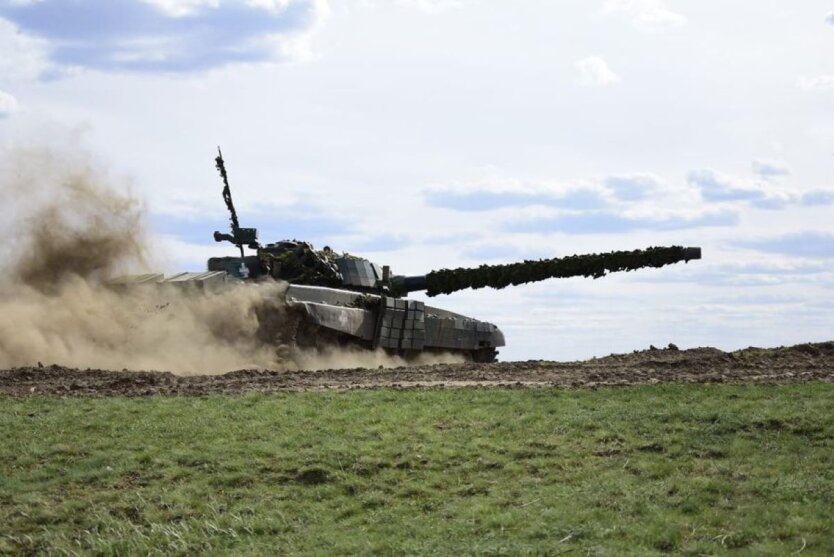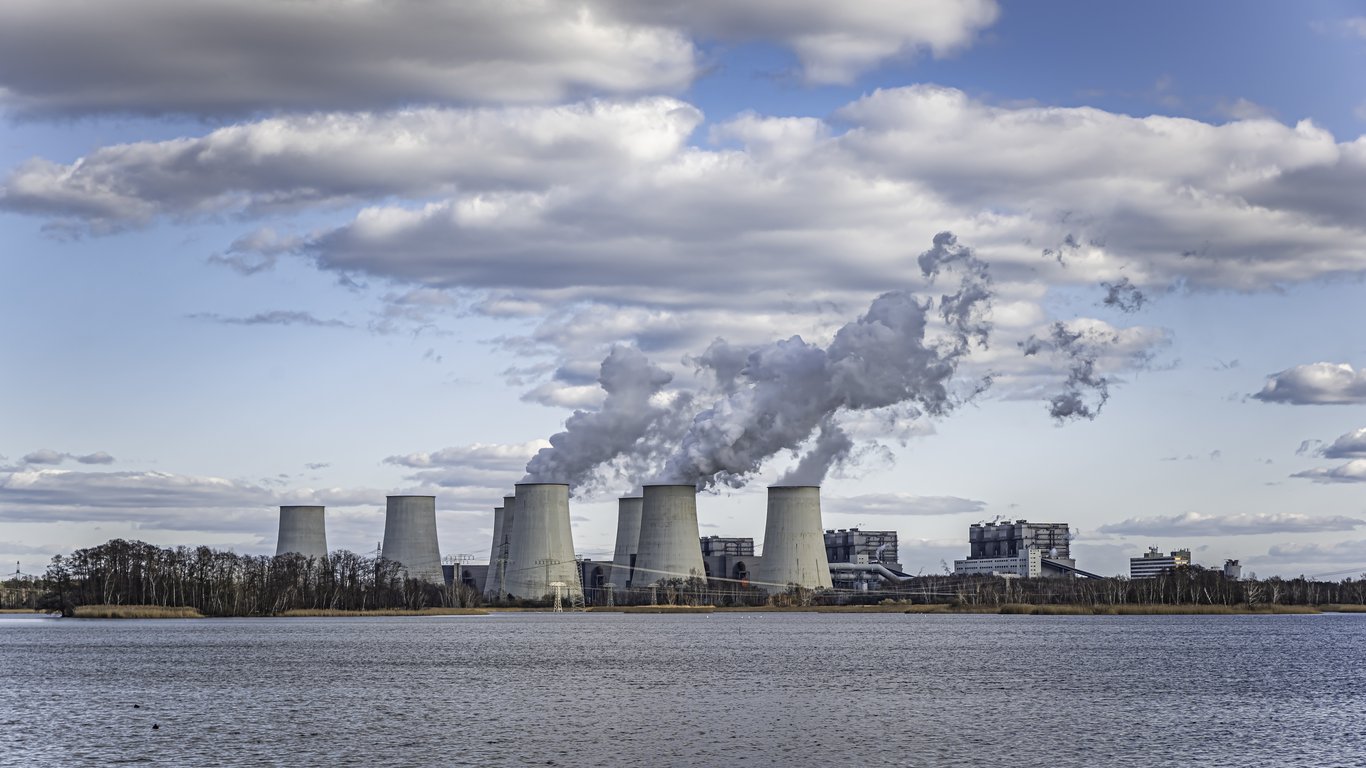Financial Times outlined what Ukraine needs to give up for peace: possible scenarios.


The Financial Times outlined possible scenarios that Ukraine must avoid in order to achieve peace. According to the publication, while there is a low probability of Russian aggression against European countries, Moscow is already engaging in international assassinations, cyberattacks, sabotage, and other forms of violence that do not constitute a full-scale military attack. These actions are likely to increase, heightening the threat of conflict escalation.
According to the Financial Times, to achieve peace, Ukraine must avoid certain possible scenarios. Although the likelihood of Russian aggression against European countries is low, Moscow has already resorted to other forms of violence such as international assassinations, cyberattacks, and sabotage. These actions further heighten the threat of conflict escalation.
The article notes that any Russian advancement to the west will occur in the context of conflict rather than in partnership with Western European democracies, and with the practical withdrawal of the U.S. from Europe, this will become dangerous. The terms of any ceasefire agreement for Ukraine are becoming especially important. The authors of the article assert that issues related to Ukraine's NATO membership are not being discussed, and alternatives to security guarantees are not being considered.
The article emphasizes that if Russia continues its advancement to the west, it will become dangerous, as it relies on conflict rather than partnership with Western European democracies, and with the withdrawal of the U.S. from Europe, this will become even more dangerous. The terms of any ceasefire agreement hold great significance for Ukraine. The authors of the article believe that questions regarding Ukraine's NATO membership are not being discussed, and alternative security guarantees are not being considered.
The article states that although there is a possibility of preserving Crimea and other occupied territories for Ukraine, this possibility is very slim. This is due to the fact that by the end of Joe Biden’s presidential term, American military support for Ukraine will cease. Europe is currently unable to replace this support, although it is actively working on it.
According to the article, the option of preserving Crimea and other occupied territories for Ukraine is unlikely. This is explained by the fact that support from the U.S. will end after the conclusion of Joe Biden's presidential term. Europe cannot yet replace this support, although it is actively working on this issue.
The article suggests that the best solution for the U.S. would be to trust the experiences of the Baltic states and West Germany during the Cold War. It notes that the U.S. never recognized the occupation of the Baltics, despite being occupied by the Soviet Union, and never officially recognized East Germany, though both cases may be significant for Ukraine.
The article emphasizes that the U.S. should rely on the experiences of the Baltic states and West Germany during the Cold War. It is worth noting that the U.S. never recognized the occupation of the Baltics by the Soviet Union and never officially recognized East Germany, although both examples may be important for Ukraine.
The article underscores that a peace agreement for Ukraine that allows it to avoid official recognition of occupied territories may be significant. It would allow Kyiv to preserve the possibility of fighting for its land in the future. The agreement could also involve the placement of EU troops and bring Ukraine closer to the EU. If this is not possible, then it is better to work on a truce rather than on an agreement that involves formal recognition of the annexation of Crimea and other territories by Russia.
The article states that a peace agreement for Ukraine that enables it to avoid official recognition of occupied territories could be of great significance. This would allow Kyiv to remain combative on its land in the future. The agreement could also include the placement of EU troops and bring Ukraine closer to the EU. If this is not feasible, then it is preferable to work on a truce rather than an agreement that would involve formal recognition of the annexation of Crimea and other territories by Russia.
According to the article, the newspaper The Telegraph revealed that someone had an influence on Donald Trump that changed his attitude towards Vladimir Putin.
Read also
- Hryvnia and the Big Mac Index - What's Wrong with the Dollar Exchange Rate in Ukraine
- Leader in Nuclear Energy - Which Country Sets the Pace in Europe
- The head of Poltava GOK will be prosecuted — what is he accused of
- Ukraine may be left without scrap — what are the consequences
- Scrap Prices - Is it Profitable to Sell in Summer and When Will Prices Rise
- Sale of land - what taxes need to be paid in 2025









